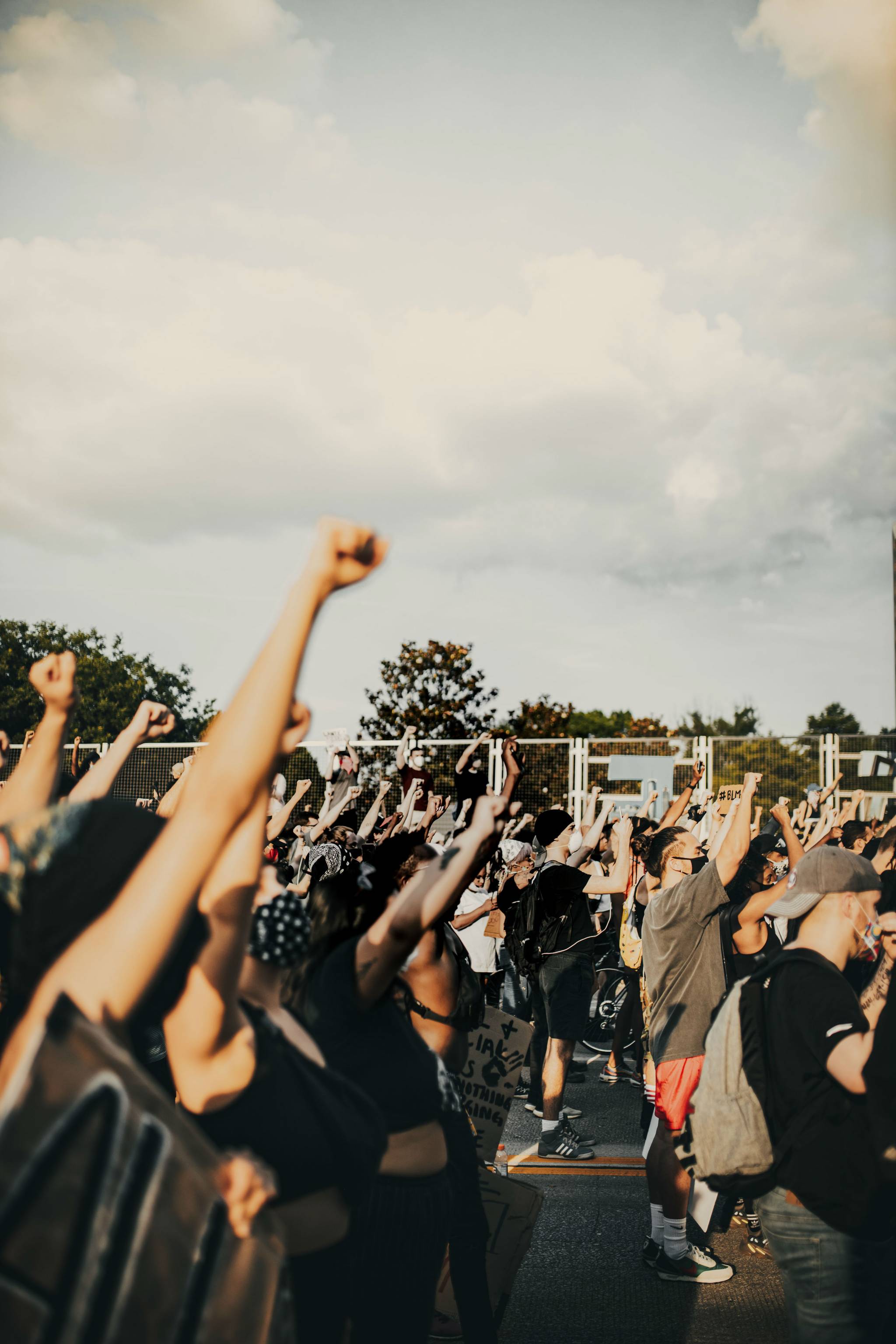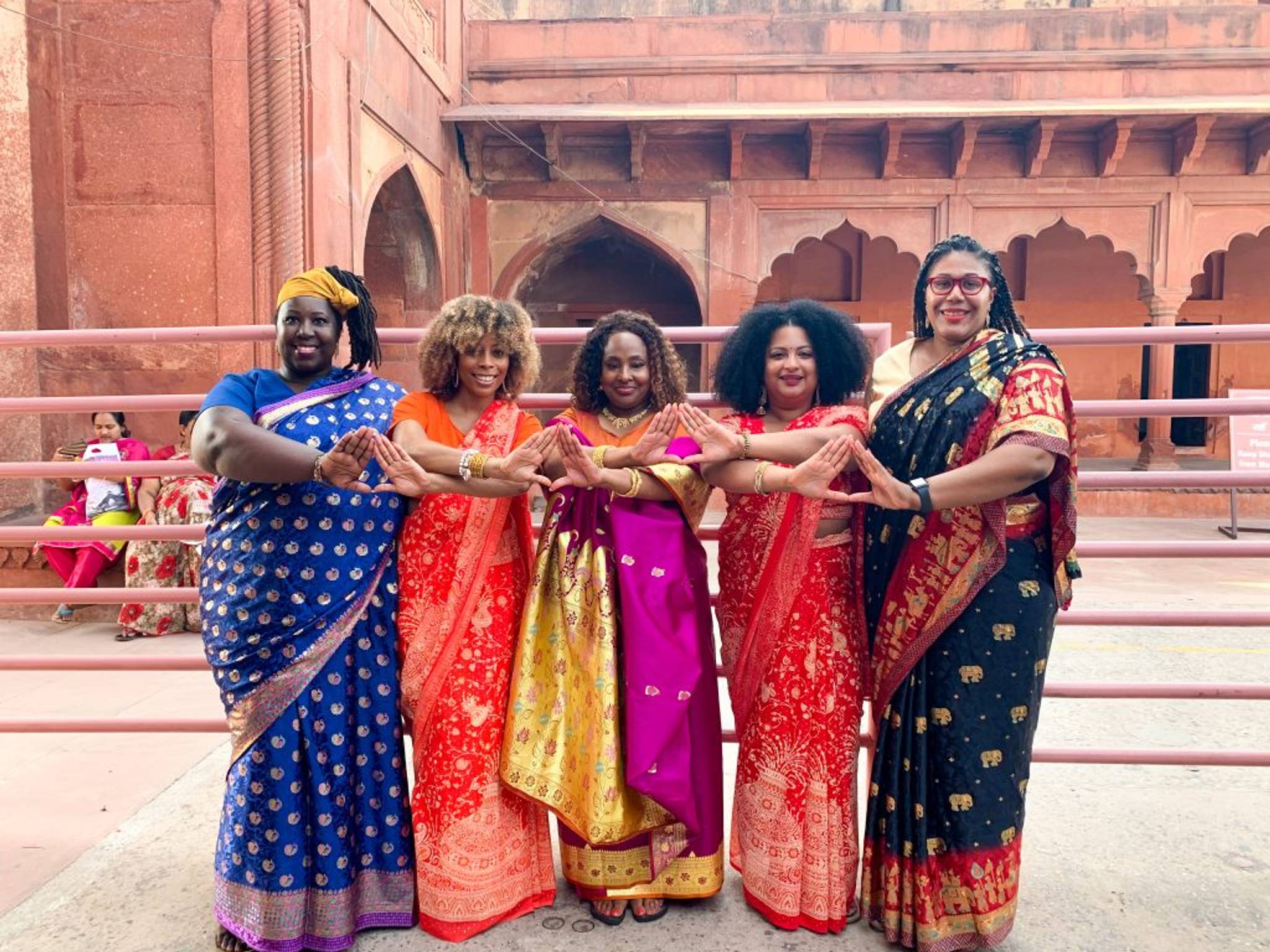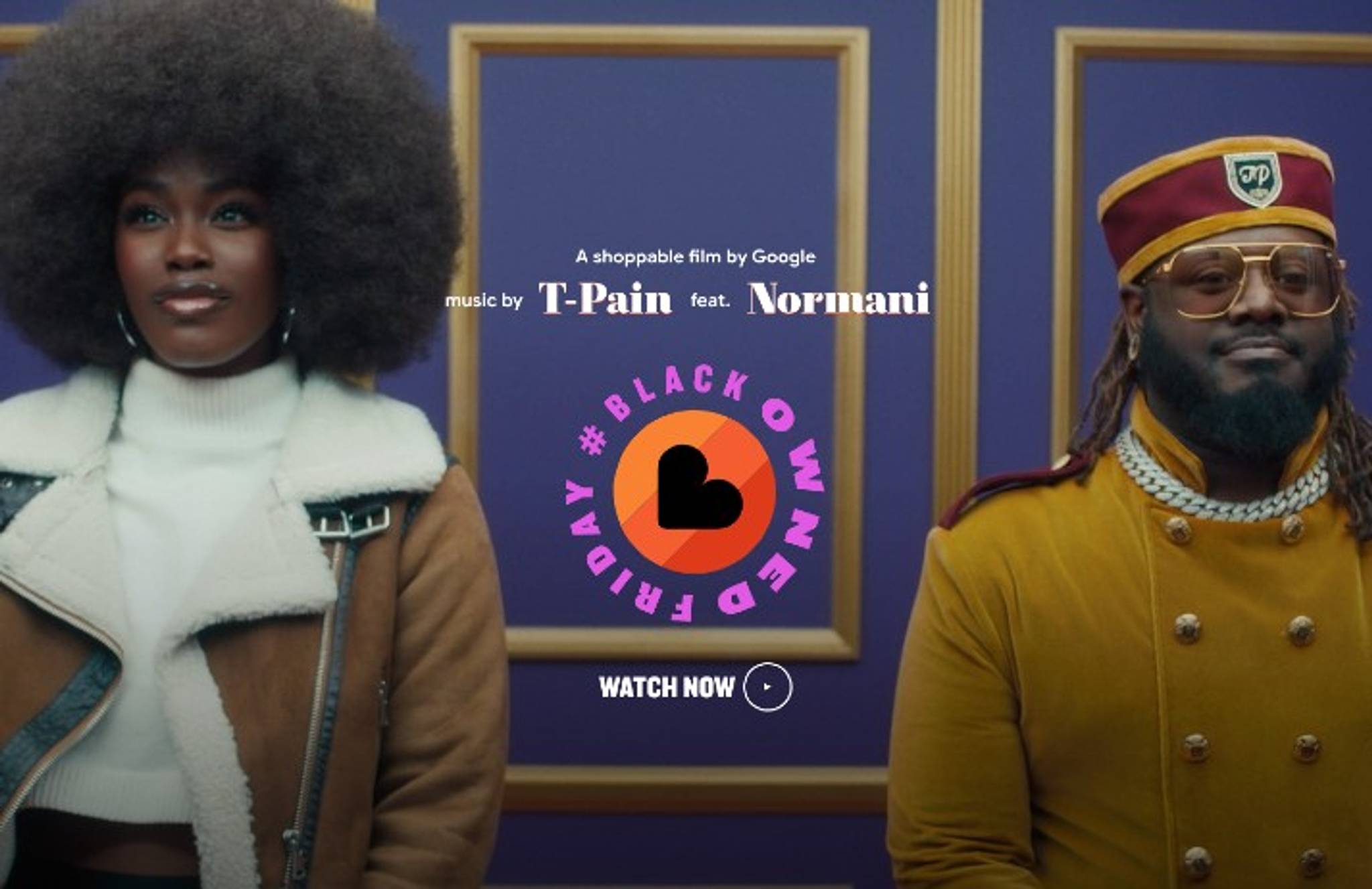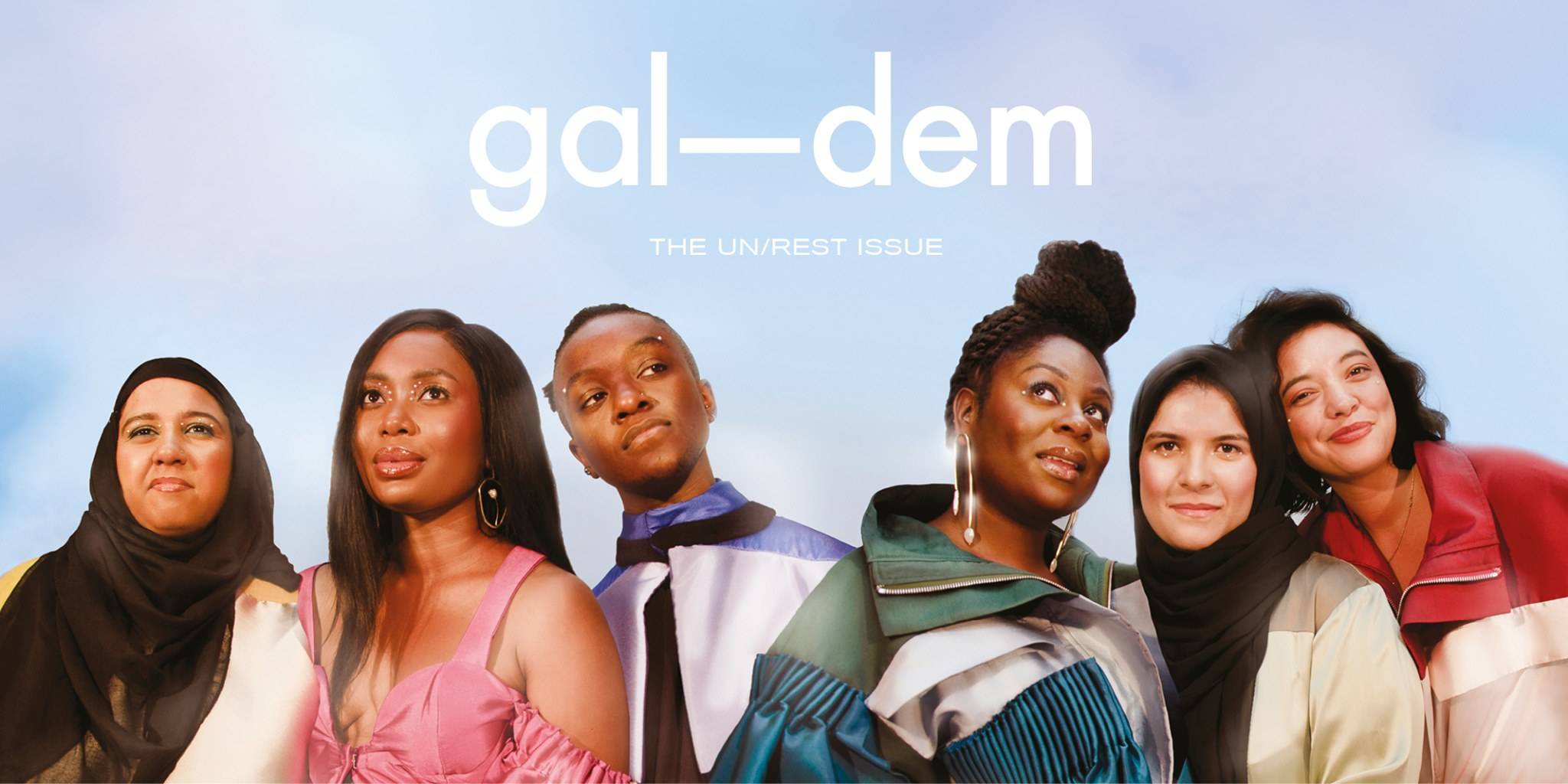
February is Black History Month in the US - a time for reflection on the diversity divide, raising awareness around systemic issues that permeate society, and celebrating the impact and influence that Black people have on culture. From exploring how tech is tackling colourism in beauty, to new platforms that celebrate Black leadership and Black futures, here are our top 10 pieces that observe racial transparency and the ongoing struggles many Black people face today.
Marginalised communities don’t feel represented in ads - in the wake of increased calls for equity on and offscreen, Black and other minority ethnic Britons feel racial representation in advertising is falling short. With people increasingly cynical about wokewashing, brands have the opportunity to support equity and diversity behind-the-scenes to prevent on-screen missteps.
Minority workers call for racial pay gap transparency - with unfair treatment within the workplace leading to burnout and mental fatigue, people want businesses to offer better support for minority workers. For brands who want to align their internal actions with external comms, they can report on racial pay disparities and improve employee morale by ensuring greater transparency - and fair treatment - within the workplace.
Beauty enthusiasts want more than skin-deep inclusivity - as discussions around colorism in the US move towards greater visibility and technological change, people want brands to catch up with current cultural conversations to rebuild the foundations of beauty. By using tech advancements such as AI and computer science, brands can move away from surface-level identity politics to promote greater representation in the beauty realm.
People want to remove racial bias from search results - as unconscious bias is present across the media landscape, people want stock images and photography that better reflects the diversity of the world. By presenting a greater visibility of people from underrepresented groups, brands can help to foster positive consumer relationships by pushing to remove racial biases embedded in technology and increase diversity among tech employees and decision-makers.
Black creators celebrate Black futures in sport - Nike’s new talk show FM Broadcast is tapping into the frequency of the future in an effort to diversify the sporting landscape, celebrating figures and organisations that are transforming industries worldwide. For brands that want to build a more informed cultural presence within sports they can deepen representation, evolve what it means to be a sports brand and engage with sports fans in new and entertaining ways.
Black people want to showcase their varied lived experiences - as people put pressure on brands to make sustained change when it comes to diversity and inclusion, there's a growing need for new narratives that explore Black people’s contemporary lives, history, and contribution to music, literature and more. For brands that want to prove to consumers that they care about DEI, there's a chance to make a concerted commitment to long-term change by showcasing a range of minority communities' lived experiences.
People are navigating the racial divide through comic relief - as conversations about race and cultural appropriation have heightened during the Black Lives Matter movement, people are looking for content that is culturally relevant and celebrates differences in a globalised world. By using wit and humour that offers diversity of perspective, brands can instigate candid conversations about race that have a lasting impact.
Black, Asian, and Latinx creators want an inclusive Web3 - new digital realities hold the potential to be more equal utopias for all, but many people doubt the inclusivity claims that come from technologies that continue to maintain White privilege. For brands that want to design diverse spaces that move beyond tokenized gestures, they can look at creating systems and structures that focus on equal parts compassion, commitment and care.
Hair equality is important to Black people - in a new advert Dove has spotlighted the issue of discrimination against Black hair, and highlights examples of hair bias in schools and work environments. For brands that want to eliminate some of the micro-aggressions many Black people face, they can push back against the discrimination of hair and hairstyles based on race and move towards making tangible, long-lasting, and impactful actions when combating issues of racial injustice.
Black people want to share their joy - Black British narratives in pop culture are often framed through the lens of racism, but Black people want to spotlight their stories of happiness and success in an effort to change negative narratives. As the richness of Black people’s lives is normalised, brands can expand notions of ‘Blackness’ and empower Black people to tell a wide range of stories that matter to them.



